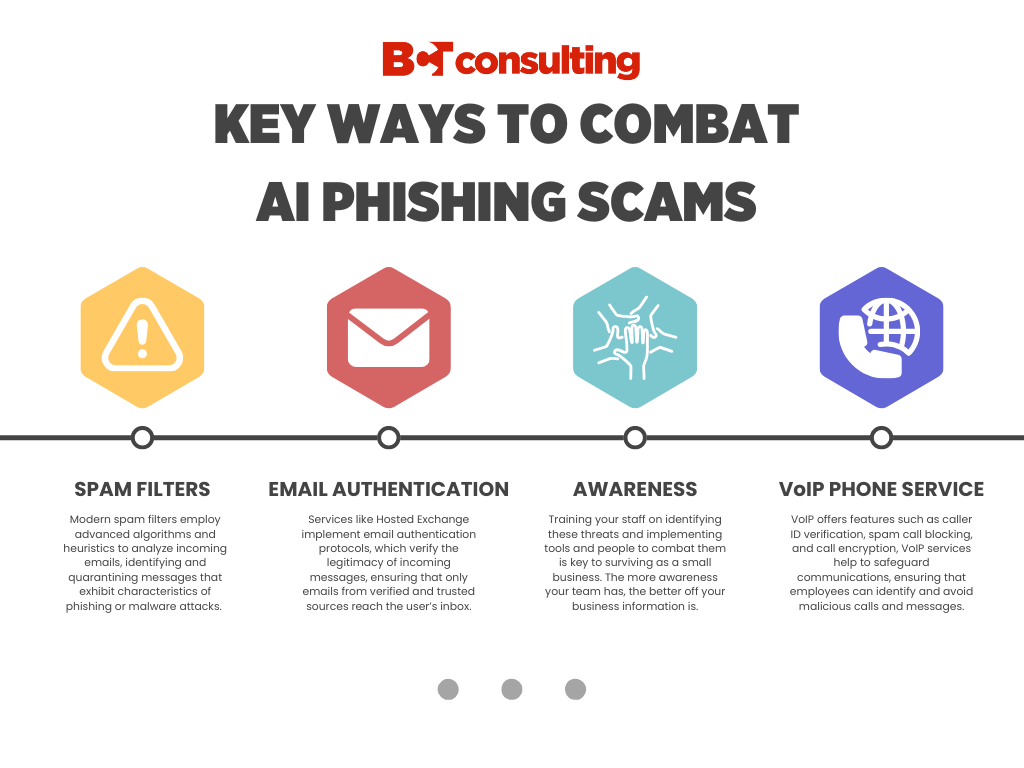
FRESNO, California – Cody Sarhan, Communications Specialist
ChatGPT has gained global recognition as a prominent tool, providing AI-powered natural language text services to a vast audience. However, its widespread adoption has also attracted the attention of cybercriminals who are exploiting the chatbot’s popularity to deceive unwary individuals.
Before tools like ChatGPT, the easiest way to identify if an email was a scam or not was to examine how it was written. Red flags such as poor English and grammar, and a vague interpretation of your company, position, or job duties would be dead giveaways that somebody was not who they seemed.
“With these new AI technologies that help people write, it’s almost impossible to discern some of these fishing attacks from a legitimate email at this point.” — Alex Hamerstone, TrustedSec
How Scammers Pretend to Be Your Company CEO
Capable of producing highly convincing natural language text, ChatGPT, and other generative text AI models, have created a paradigm shift in the phishing scam industry. While these innovations have ushered in a new era of possibilities, they have also opened the floodgates to a wave of sophisticated scams, where fraudsters exploit these technologies to craft deceptive emails and messages.
Learn more: How Xobee can protect your email inbox
Pulling from interviews, social media, press releases, and more, scammers can generate convincing scripts that mimic the tone, writing style, and company knowledge of your CEO. This has led to a surge in phishing attacks, where malicious actors send emails or messages that appear to be from trusted entities, with the intent of stealing sensitive information or deploying malware.
The Threat to Small Businesses
The best and most secure decision you can make when avoiding any form of cyberattack — whether it’s scammers, viruses, ransomware, or more — is to invest in a cybersecurity budget. Small businesses, often lacking the robust cybersecurity infrastructure of larger corporations, are particularly vulnerable to these AI-generated scams. The personalized and convincing nature of these fraudulent communications makes them difficult to detect, increasing the likelihood of employees falling victim to these schemes. This not only puts the company’s sensitive data at risk but can also result in financial losses and damage to the business’s reputation.
To combat the threat of AI-generated scams, small businesses must fortify their digital defenses, and this is where email protection services come into play. Hosted Exchange, for instance, provides a secure and reliable email hosting solution, complete with built-in security features designed to filter out malicious content and protect users from phishing attempts.
Learn more: How Xobee can protect your email from spam, viruses, and more
Contact Xobee Today & Protect Your Business
As scammers continue to harness the power of generative text AI models to execute sophisticated scams, the importance of robust email protection services and VoIP phone services cannot be overstated. Xobee can help protect your businesses from these rising threats. We can help you safeguard your assets, and ensure the security and integrity of your business communications.
Contact one of our highly skilled technicians now to learn how you can protect yourself from scammers and spam calls.
Xobee Networks now has engineers servicing clients within Fresno, Clovis, Madera, San Jose, Sacramento, San Francisco & the Bay Area, Los Angeles, Santa Monica, Las Vegas, Bakersfield, San Diego, San Luis Obispo, Anaheim, Palm Springs, and more.
Cody Sarhan | Communications Specialist, Xobee Networks

